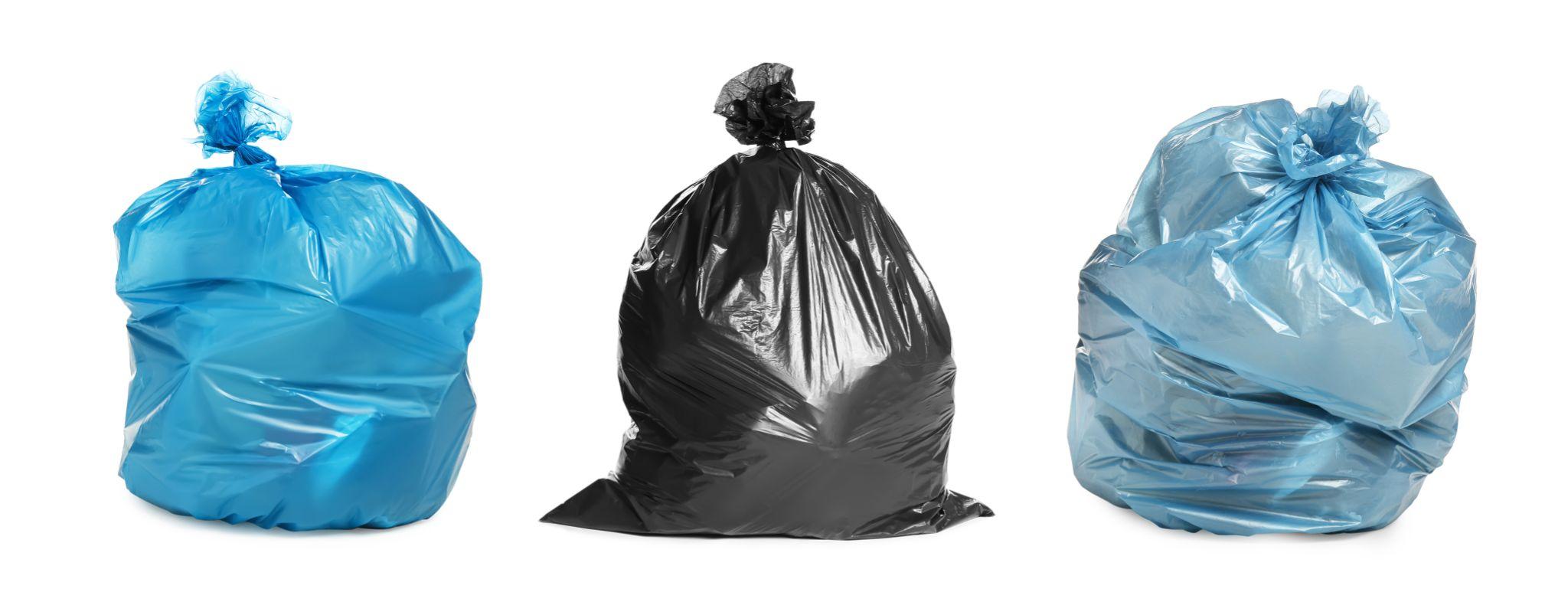CALL NOW FOR A FREE QUOTE 866.760.8194
How Much Does Commercial Waste Collection Cost?
Dealing with the accumulation of trash is a concern for virtually every type of business. For that reason, understanding the ins and outs of commercial waste disposal is vital—both for operational efficiency and sound financial planning. While the act of discarding waste may seem straightforward, the actual cost of commercial waste collection can vary significantly, influenced by a number of factors.
Below, we aim to unravel the complexities of commercial waste disposal costs, offering businesses insights into how they can more effectively manage their waste management expenses. Remember that Global Trash Solutions (GTS) can provide comprehensive waste brokerage and consulting services that can go a long way toward reducing your overall expenses associated with commercial garbage disposal.
What’s Considered Commercial Waste?
Commercial waste encompasses all types of waste generated from business activities. It varies greatly depending on the industry and scale of operations. This broad category includes everyday garbage, recyclables, and hazardous materials discarded by entities ranging from small boutiques to large manufacturing plants.
Businesses Producing Commercial Waste
Common types of trash-producing businesses include:
- Restaurants and cafes
- Retail stores and shopping centers
- Offices and corporate buildings
- Manufacturing and industrial sites
- Hospitals and healthcare facilities
- Educational institutions
- Garages and car dealerships
- Salons and spas
- Event venues
It should be noted that most types of businesses routinely generate a significant amount of trash. Dealing with this waste in an efficient manner is important to ensure streamlined business operations.
Types of Commercial Waste

- General Trash – This is the most common form of commercial waste and includes items like paper waste, food packaging, and other non-recyclable materials that accumulate daily in business environments.
- Recyclable Materials – These are substances that can be reprocessed and reused, such as cardboard, glass, plastics, and metals, which are separated from general waste to reduce environmental impact.
- Organic Waste – Predominantly from food-related businesses, this includes food scraps and green waste which can be composted or converted into bioenergy.
- Hazardous Waste – Special care is required for disposing of dangerous materials such as chemicals, solvents, batteries, and medical waste due to their potential harm to human health and the environment.
- Construction Debris – Arising from construction or demolition activities, this includes heavy materials such as bricks, concrete, wood, metal, and petroleum distillates, all of which may require special handling and recycling processes.
- Electronic Waste – Often referred to as e-waste, this category includes outdated or broken electronic devices like computers, printers, and televisions, which contain valuable recyclable metals and potentially hazardous substances.
Factors That Affect the Cost of Commercial Waste
The cost of commercial waste management varies widely depending on several key factors. Understanding these can help businesses better anticipate their waste management expenses and identify potential areas for cost reduction.
Volume and Weight
The amount and weight of waste a business generates play a critical role in determining costs. Waste management companies often charge based on the volume (measured in cubic yards) or weight (in tons), with prices increasing for larger quantities.
As per industry standards, the cost for disposing of general commercial waste ranges from $20 to $100+ per ton. For companies specializing in commercial waste disposal, which have various labor and equipment expenses to juggle, this figure represents about 40% of the fee charged to the customer.1
Types of Waste
Different waste types incur different disposal costs. For example, disposing of hazardous materials, such as medical waste and toxic metals, is usually more expensive than general trash due to the need for specialized handling and treatment. Hazardous waste can cost anywhere from $50 to $500 per ton to dispose of, depending on the waste’s nature and the treatment required. Scrap tires also tend to incur extra fees.
Collection Frequency
How often waste is picked up can significantly impact costs. More frequent pickups increase service charges. Businesses with higher waste outputs may require daily pickups, whereas those with lower outputs might manage with weekly services. Reducing pickup frequency where possible can lead to considerable savings.
Dumpster Costs
Commercial dumpsters come in various sizes, and the rental costs can vary based on the size needed and the frequency of service. Furthermore, the type of waste being disposed of might require specific types of dumpsters, such as compactors for high-volume waste producers, which are more costly but efficient for managing large amounts of waste. Overall, renting a dumpster generally costs $200 to $800 per week.2
Service Location
Geographic location affects the cost due to varying local taxes and the distance waste must be transported to disposal sites or recycling centers. For instance, urban areas might have higher disposal fees but shorter transport distances compared to rural areas where transportation costs can escalate. Landfill tipping fees are another important factor. In 2020, the municipal solid waste landfill tip fee average was $53.72/ton.3 In addition, there are (relatively small) local fees for landfill use.
Contract Terms
The specifics of a service contract can influence the overall costs. Contracts might include additional fees for container rentals, excess waste charges, and price escalations. It’s essential for businesses to thoroughly review their contracts to understand all potential charges. This is an area where a professional waste broker can be immensely helpful.
By considering these factors, businesses can gain a clearer understanding of what drives their waste management costs and explore ways to optimize their waste disposal strategies, potentially saving thousands of dollars annually. For best results, businesses should consider partnering with a company that specializes in commercial trash solutions, such as GTS.
How to Cut Commercial Waste Management Costs

Businesses seeking to reduce their waste management expenses can benefit greatly from hiring a waste broker or a waste consultant from Global Trash Solutions. Both roles offer unique advantages:
Waste Broker – A waste broker acts as an intermediary between businesses and waste management companies, leveraging extensive industry networks to negotiate better rates and service terms on behalf of clients. This can lead to significant cost savings due to optimized service contracts.
Waste Consultant – A waste consultant provides a more customized approach, focusing on assessing a company’s specific waste production and disposal practices. By analyzing the types and volumes of waste a business produces, a consultant can recommend more efficient processes that reduce costs and improve environmental outcomes.
Both options empower businesses to meet regulatory requirements while also achieving cost efficiency and sustainability goals. By investing in professional waste consultancy, companies can uncover hidden savings and boost their operational efficiency. To learn more, contact GTS today.
Sources
Recent Post
Types of Waste You Can Put in a Commercial Compactor
Business owners who are considering buying, leasing, or renting a compactor often ask…
Read More >The Pros and Cons of Using a Waste Broker
Commercial waste management decisions rarely stay simple for long. Costs shift, service needs…
Read More >